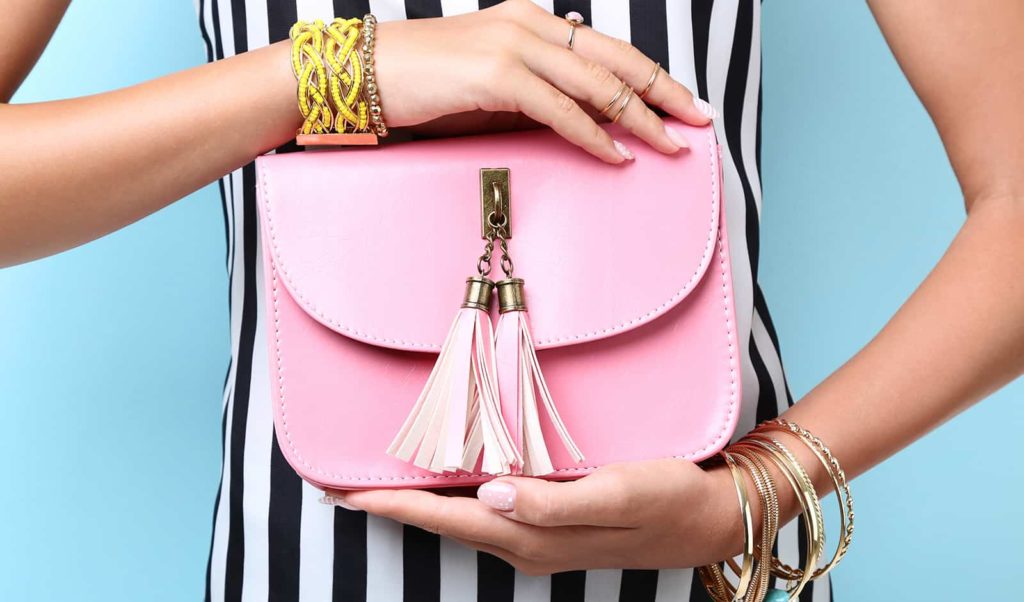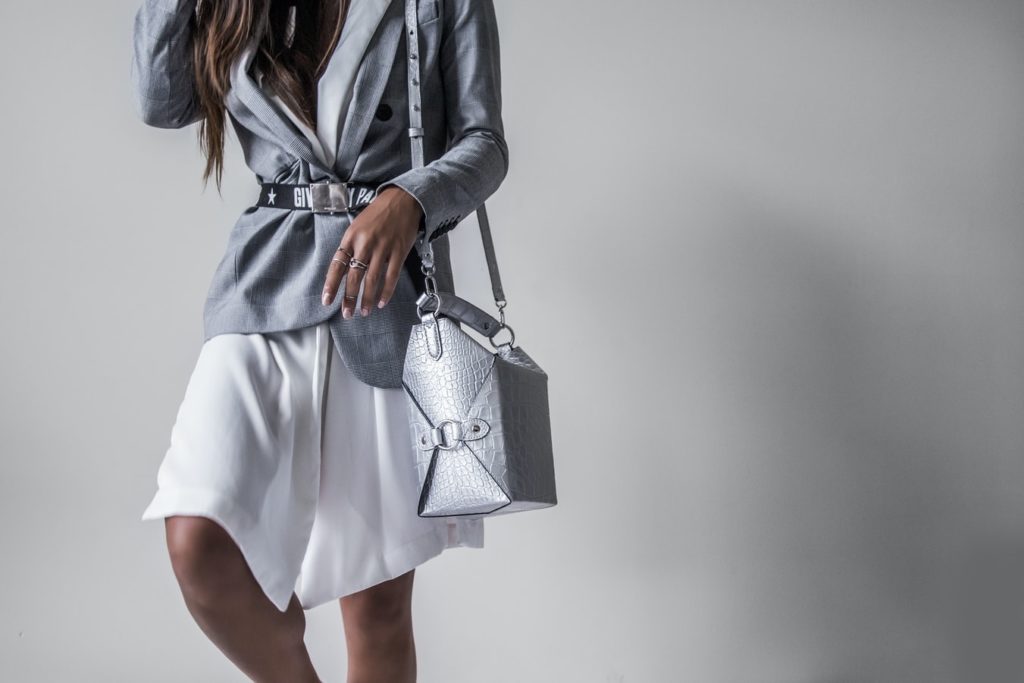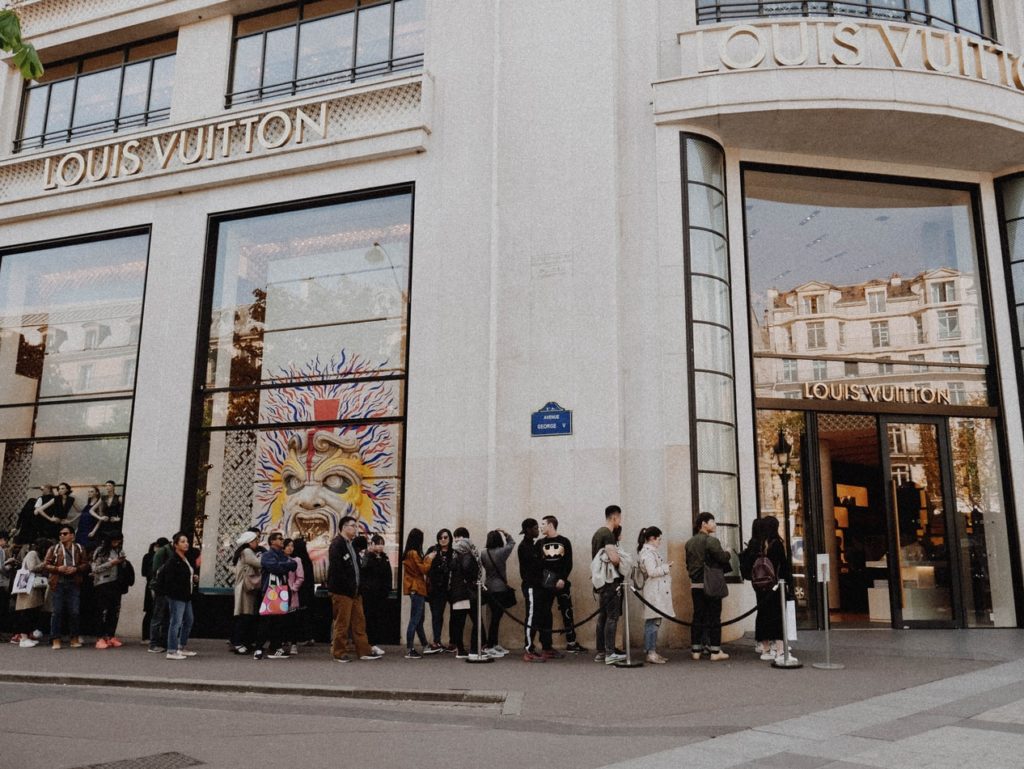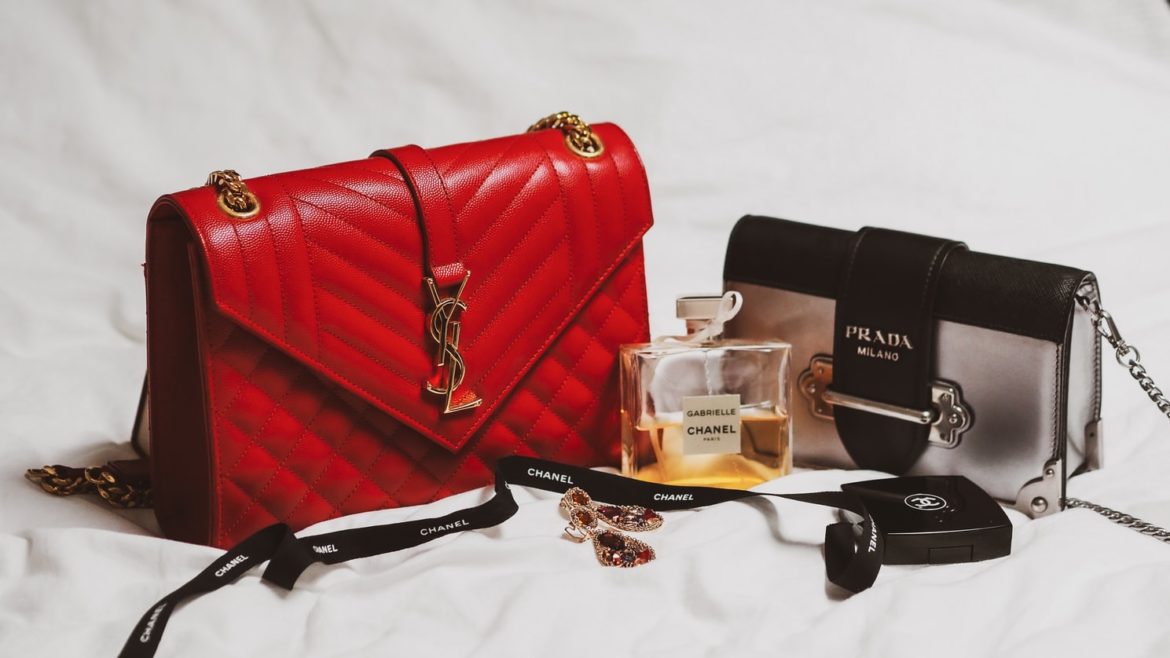The pandemic has been a blow to Italy’s artisan handbag industry, but the lockdown demand for escapism has led to a surge in luxury appeal.
The following written content by Isabelle Gerretsen

The pandemic has been a blow to Italy’s artisan handbag industry, but the lockdown demand for escapism has led to a surge in luxury appeal.
As many European countries announced new coronavirus restrictions in late September 2020, 100 handbag brands flocked to Milan to showcase their new collections at Italy’s international leather goods fair, Mipel. The gathering sent a clear message from Italy’s luxury fashion industry: “We are open for business.”

When Italy became the epicentre of the pandemic in February, the luxury apparel industry was dealt a harsh blow. Factories and workshops were forced to close and brands were left with shortages of material, orders and staff.
Italy’s fashion sector is a €90bn (£82bn) industry, which accounts for 40% of global luxury manufacturing and employs almost half a million people. Worldwide, the pandemic could cost the luxury market up to $100bn (£78bn), according to the Boston Consulting Group.

But after months of turmoil and economic losses, Italian luxury brands are finally starting to revive their businesses. Despite very difficult conditions, 100 brands still turned up to Mipel this year, making up about a third of the usual contingent, says Franco Gabbrielli, chief executive of Mipel.
“It was very important to do this edition of Mipel because we would like to show the world that we are here,” says Gabbrielli.
Although brands, big and small, successfully adapted their business models to survive during the pandemic, many artisans are fearful of further lockdowns.
“Next year will be very difficult,” says Gabbrielli. During the first lockdown, “many companies already had orders in hand. Now they don’t have new ones for the winter.”
Italy is by far the biggest exporter of leather handbags in Europe, selling €6.3bn (£5.7bn) of them last year, according to Mipel.
Italy’s first, two-month lockdown caused the leather goods industry’s turnover to drop by around 43% and the total value of exported goods to fall by 31% in the first half of 2020, according to research carried out by Assopellettieri, Italy’s national leather goods association.
Small family-run businesses are the beating heart of the industry. Many global brands, including Prada and Gucci, rely on artisans in Florence to produce their collections. If these small businesses do not survive the pandemic, “the craftsmanship that is the result of excellence and skill passed down through generations, and the source of the ‘Made in Italy’ aura – could be lost forever”, a report by the management consultancy McKinsey warned in April.
Italian handbags are world-famous for their craftsmanship and authentic, bespoke design. “The Italian product has always been the best [among] the leather goods. It is artisan, [rather than] industrial. All the bags have something different,” says Gabbrielli. Read more from BBC.
Follow other related news stories from News Without Politics
Subscribe to News Without Politics





